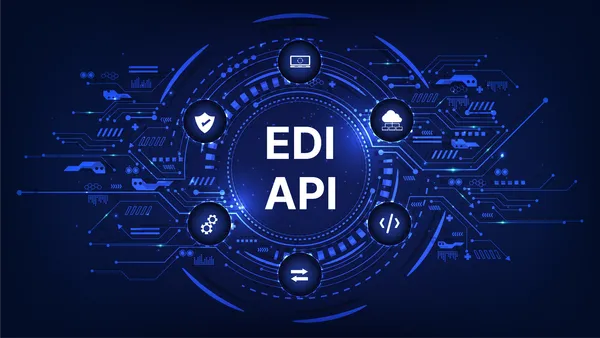Dive Brief:
- Sweden's Landmäteriet, its mapping and registration authority, is testing blockchain for real estate sales in the coming months, reports The Wall Street Journal. The authority's Chief Digital Officer Mats Snäll said they are technologically "quite ready" for the pilot.
- While the organization is highly digitized and paperless, blockchain could go further and shorten title transfer times from months to mere hours or days and eliminate fraudulent transactions. Sellers and purchases wouldn't even need to be physically present in Sweden to carry out the transaction. However, there are some hurdles in place to widespread implementation in Sweden. For example, digital signatures are not legally acceptable for property sales and purchases.
- The Swiss government is not the only one trying. The governments of India, the U.S. and Georgia have already tested blockchain land registries. In the enterprise, IBM and R3 have tested blockchain-based title records,according to the report.
Dive Insight:
There's no shortage of groups trying to make blockchain stick to a variety of new use cases. Through all the attention blockchain has received, only one-third of proof of concepts hold promise for the enterprise.
But in the swirl of hype projects, every now and then applications with better long-term potential and value arise. From real estate to live ticketing, where the resell market is a multi-billion dollar industry, blockchain could redefine small and large-scale transactions in the coming years.
How the technology would affect jobs of all the middlemen in these transactions, however, is unclear.
Just like AI adoption, the technology is sure to cause some friction and demand retraining and relocation. The employment impacts of these technologies are especially interesting because both have a dearth of global talent capable of working on them.














